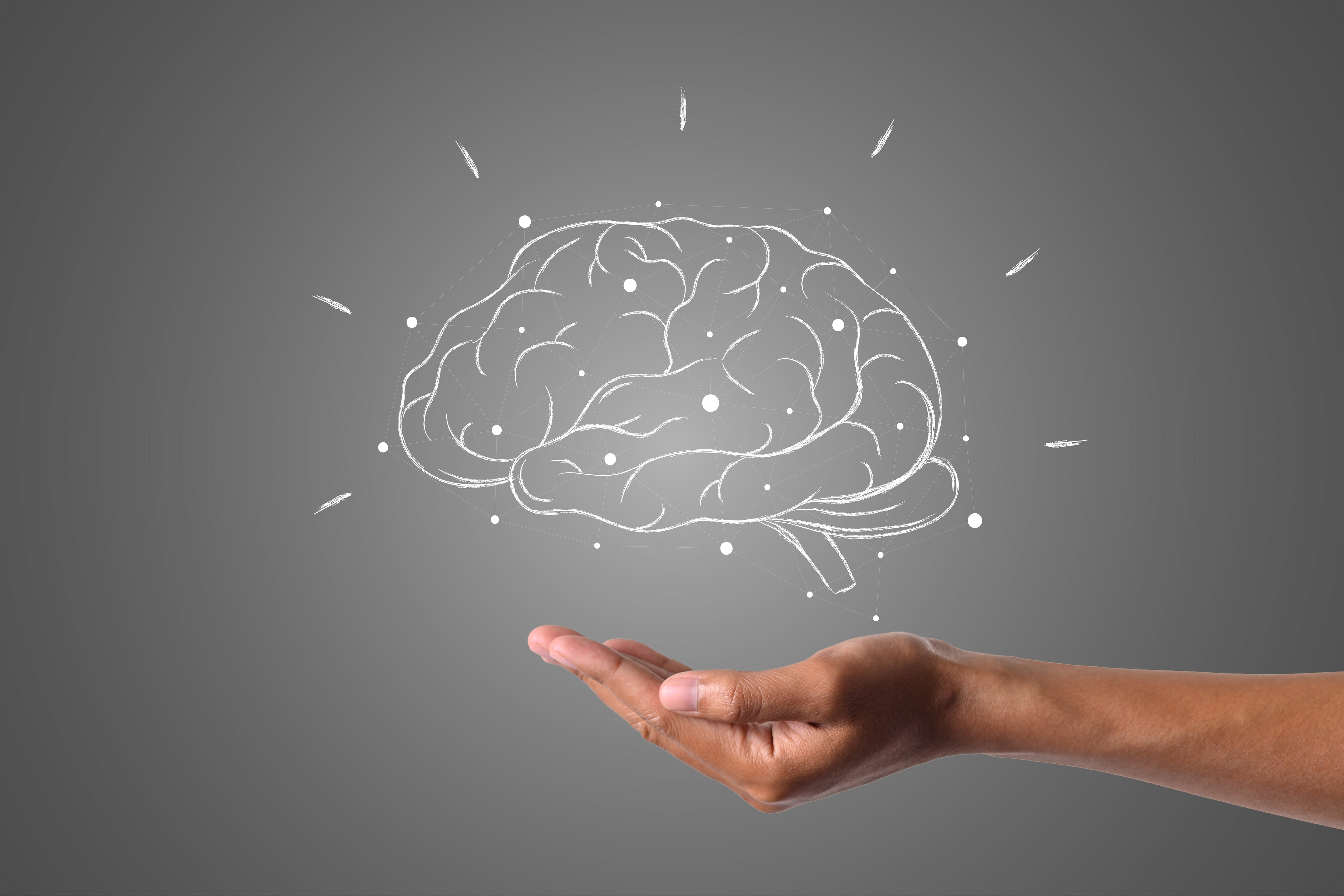Mental health is understood as a state of well-being that allows people to understand their abilities, overcome normal daily stress, work productively and fruitfully, and contribute in some way to their community. Thus, improving mental well-being is an individual and group priority, as looking at the issue from a systemic perspective, the well-being of an individual will impact the well-being of the community and vice versa.
In previous articles, we discussed the most common psychopathologies, practices to minimize the discomfort they cause, and when to seek professional support. In this article, we will generally address mental health tips and self-care practices that can be introduced into your routine (daily or weekly) and can increase your sense of well-being in daily life.
Self-care is a very popular topic, but what exactly is self-care? Self-care is understood as a set of actions aimed at maintaining life, health, and well-being, as well as preventing (or better managing) situations of illness or disability, with or without the support of a healthcare professional.

Some daily (or even weekly) habits for mental health include:
- Regular exercise: Engaging in physical activity leads to an improvement in mood and self-esteem. When having difficulty introducing exercise moments into the routine, try to adapt – for example, use stairs instead of the elevator, and whenever possible choose to walk instead of using the car. Additionally, it's important to remember that tasks like dusting or vacuuming the house can be considered physical activity.
- Good sleeping habits: Having consistent sleep in terms of quantity, quality, and regularity positively impacts symptoms of stress, anxiety, depression, etc. To achieve a good sleep routine, it is recommended to remove electronic devices from the bedroom, avoid naps, and avoid alcohol and heavy meals. On the contrary, we should promote a favorable environment for a good night's sleep (by controlling temperature and light) and a fixed sleep schedule, with a predetermined bedtime and wake-up time. Consulting healthcare professionals is also advised if you continue to have restless and unrefreshing sleep.
- Healthy and regular diet: There should be a constant effort to have complete, varied, nutritious, and regular meals, in addition to drinking water in recommended amounts (which can vary from person to person) and moderating the consumption of substances like caffeine and alcohol.
- Maintaining contact with friends and family: To combat feelings of loneliness and avoid social isolation (a growing issue in Europe since the COVID-19 pandemic), prioritizing relationships with loved ones is essential, especially in situations where more support is needed, whether emotional or practical.
- Relaxation moments: Introduce relaxation moments into your routine through activities such as meditation, breathing exercises, or hobbies like listening to music or reading. It is also noted that contact with nature (green or blue spaces) reduces the stress caused by daily routines.

These mental health routines are typically accessible practices for maintaining a sense of well-being and combating the stress and anxiety caused by daily life. It is important to understand, however, that these practices are not "miracle solutions," nor is the discomfort you may feel solely associated with some daily practices.
In this sense, it is essential to pay more attention to the environment, the demands of daily life, and the changes the body manifests to understand the origin of feelings of discomfort.
But what if the discomfort is persistent and/or you have difficulty implementing healthy changes in your routine?
In that case, it is recommended to contact professionals in the field of Psychology. In previous articles, the importance of choosing trusted professionals was mentioned, and some tips on how to do so were provided! There are many people available to help, including those at Ivory Therapy.
How can they help? They are individuals who are qualified to help differently from friends and family, as throughout their training, they have developed knowledge, techniques, and strategies to promote the well-being of those who seek them. It is through sessions with professionals in the field of Psychology that a necessary support bridge is built to find points of change and possible solutions.
In short, there are several practices we can adopt to improve our mental health routine and promote self-care (e.g., physical exercise, talking to friends), and it is through self-awareness and consciousness of the body and environment that we will have a better perception of the needs felt and the changes that need to be made.
















